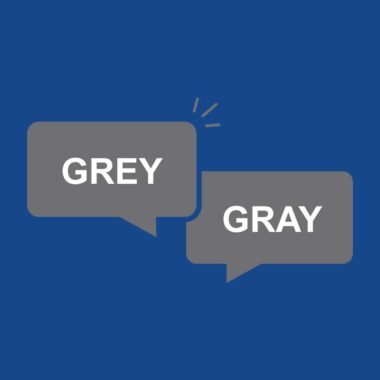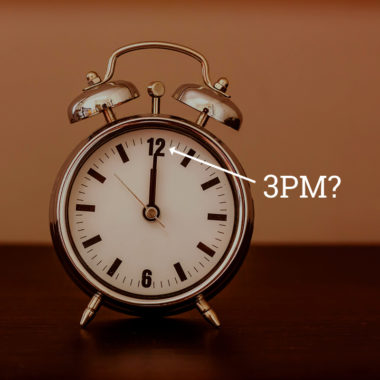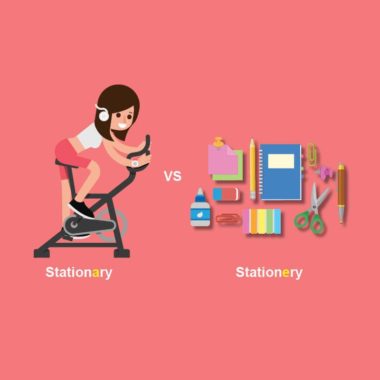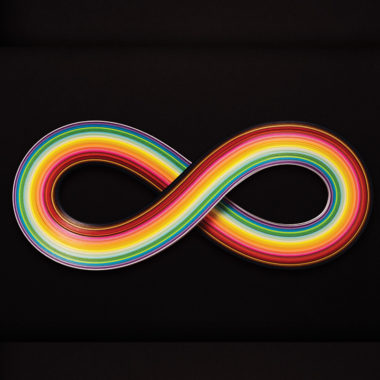What Is The Difference Between “Anyway,” “Anyways,” And “Any Way”?
Which word is it, anyway? Anyway is a common adverb used to mean “in any case,” while any way is an adjective-noun phrase that means “whichever path” or “in any manner.” Anyways is the informal form of anyway. While less common in formal writing, anyways abounds in everyday speech or dialogue. It often signals a transition. Anyway Anyway, used as an adverb, suggests a disregard …











